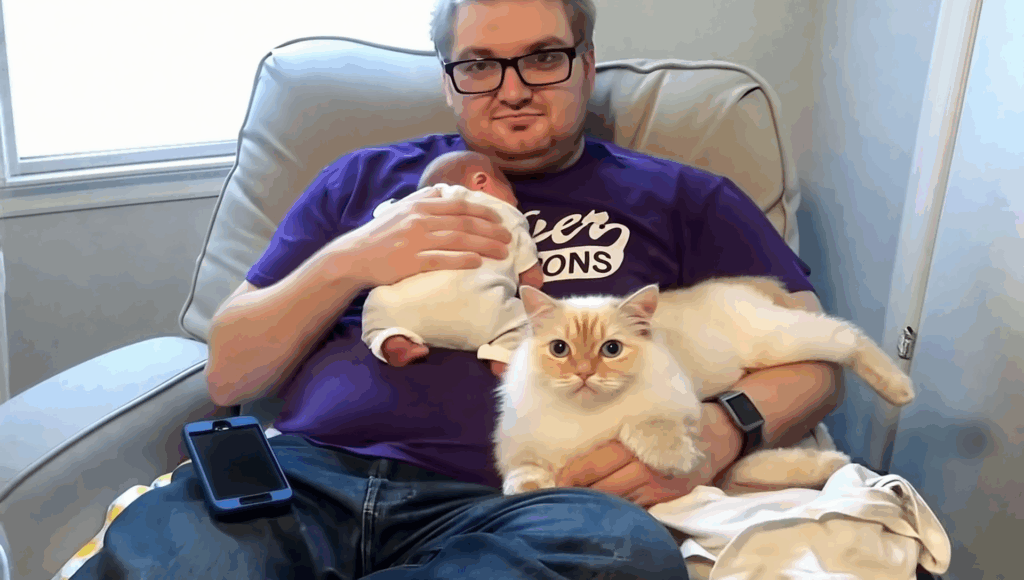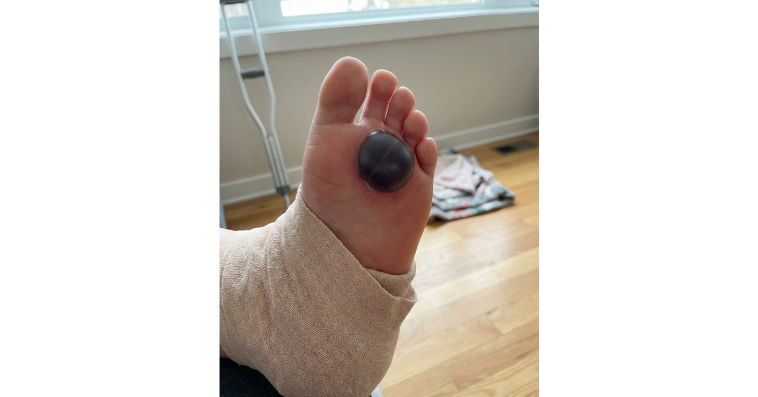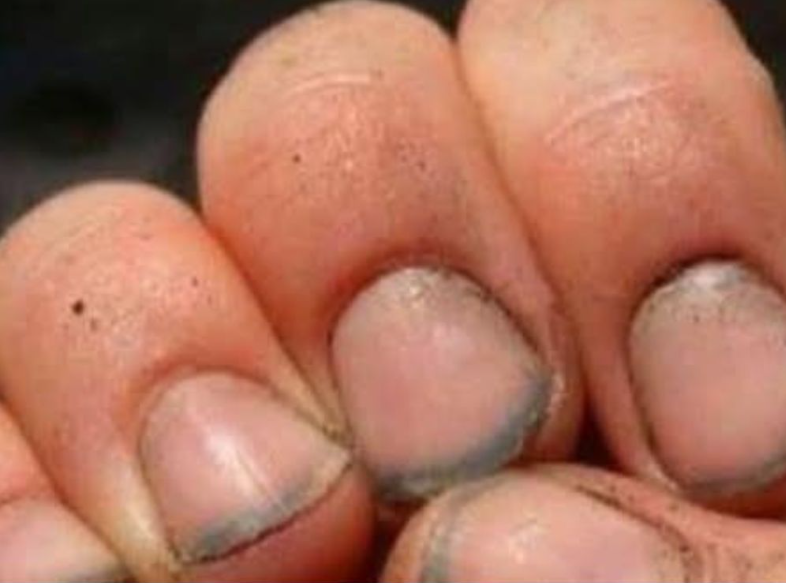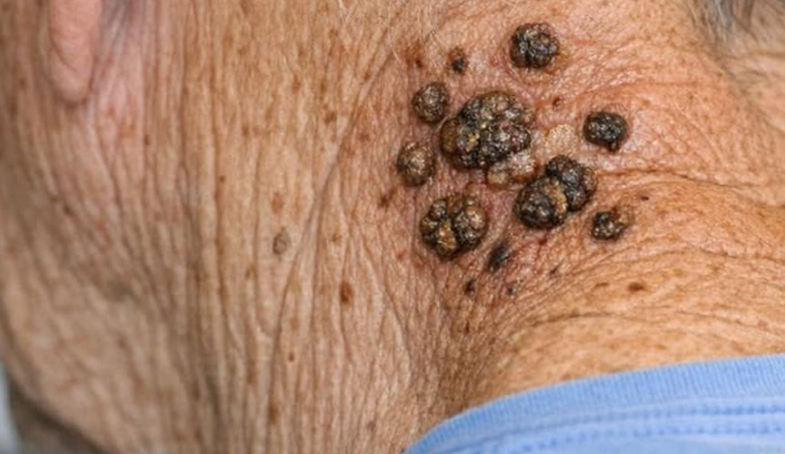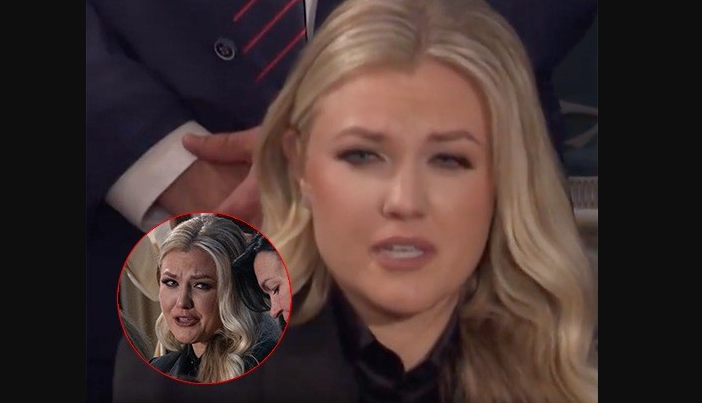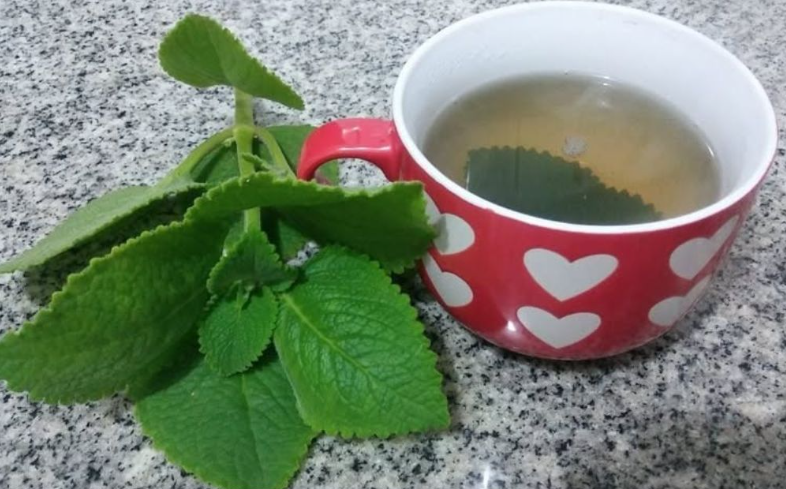When my younger brother Keane received his autism diagnosis at the age of four, I remained a young child at the time. As the years passed and he matured, his speech faded away completely. Educators and acquaintances categorized him, placing him among “kids like him,” yet in my eyes, he stayed my brother through and through. Following the loss of our mother two years earlier, I opened my home to Keane without hesitation. Family ties made that choice clear from the start.
Not long afterward, I welcomed a baby boy into the world and named him Milo. During one peaceful morning, as I stepped into a brief bath, the sound of Milo’s cry reached my ears, followed by an abrupt quiet. I hurried to his room and discovered Keane cradling him with care in the armchair, easing his distress. The exchange that unfolded shifted our lives in profound ways. Keane met my gaze and uttered, “He was scared. I made him a heartbeat.” Those words marked his first utterance in over two decades.
That encounter sparked a transformation. Come the following morning, Keane requested “coffee” and volunteered to tend to Milo. He held my stare directly, a gesture he had seldom offered in the past. Nurturing Milo appeared to instill in him a fresh sense of direction, coaxing him forward in manners we had never anticipated.
Keane’s understated resilience and affection caught us all off guard. Within his growing attachment to Milo, he rediscovered ties to those around him, and bit by bit, his voice emerged once more. The experience reinforced for me how profound shifts often arise from everyday expressions of affection and confidence.
